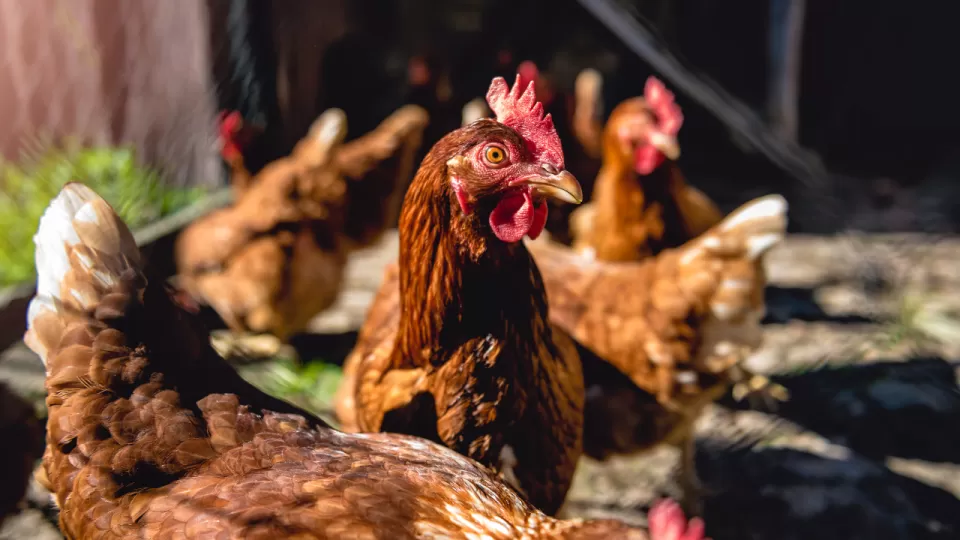August 26, 2022
MANILA – The poultry and swine sectors are expected to sustain a positive growth in the succeeding quarters with cases of animal diseases in the country on a downward trend, according to an official of the Department of Agriculture (DA).
“We’re seeing [a positive growth] because the livestock and poultry subsectors are continuously recovering,” said Agriculture Assistant Secretary Arnel de Mesa, adding that few areas were reporting cases of the African swine fever (ASF).
He said, however, that the threat was still around and “we still need to pursue our efforts toward battling ASF.”
Active cases
The country launched its campaign against the highly-contagious ASF following an outbreak in 2019. More than 3,000 heads were culled at that time as authorities rushed to curb the virus.
It substantially slashed the country’s swine population by about 3 million hogs, which led to over P100 billion in local industry losses and spikes in retail prices of pork products.
This prompted former President Rodrigo Duterte to declare a state of calamity nationwide “to curtail the further spread of ASF, address the supply deficit in pork products, reduce retail prices and jump-start the rehabilitation of the local hog industry.”
Since then, only five regions have active ASF cases, previously from 14 regions, based on the Bureau of Animal Industry’s (BAI) latest report. These are the Cordillera Administrative Region, Central Luzon, Eastern Visayas, Zamboanga Peninsula and Soccsksargen.
Bigger funding
The DA has earmarked P4.1 billion for hog repopulation and another P1.2 billion to eradicate animal disease. Ruth Miclat-Sonaco, director of the National Livestock Program (NLP), had said next year’s funding for anti-ASF efforts would be bigger.
De Mesa said containing avian influenza was more challenging recently than when it first hit the country in 2017.
“Just the same, we were able to control it this time around,” he said.
BAI Assistant Director Jonathan Sabiniano had said with the battle against the highly pathogenic avian influenza already at its tail end, the country could be bird flu-free within the year.
To date, only two regions are still affected by avian influenza: Cordillera Administrative Region and Central Luzon. Recently, Camarines Sur and Davao del Sur were declared free from bird flu.
The DA, through the NLP, has released P27.5 million to the BAI to control and prevent the spread of the disease.
Earlier, the Philippine Statistics Authority reported that livestock output in the second quarter climbed by 2.1 percent. This, against a 1-percent decrease in the first quarter and a 19.3-percent decline in the same period a year ago.
Likewise, poultry output in the April to June period expanded by 7.8 percent versus the 12.3-percent increment in the prior quarter and 2.5-percent increase in the same period last year.


